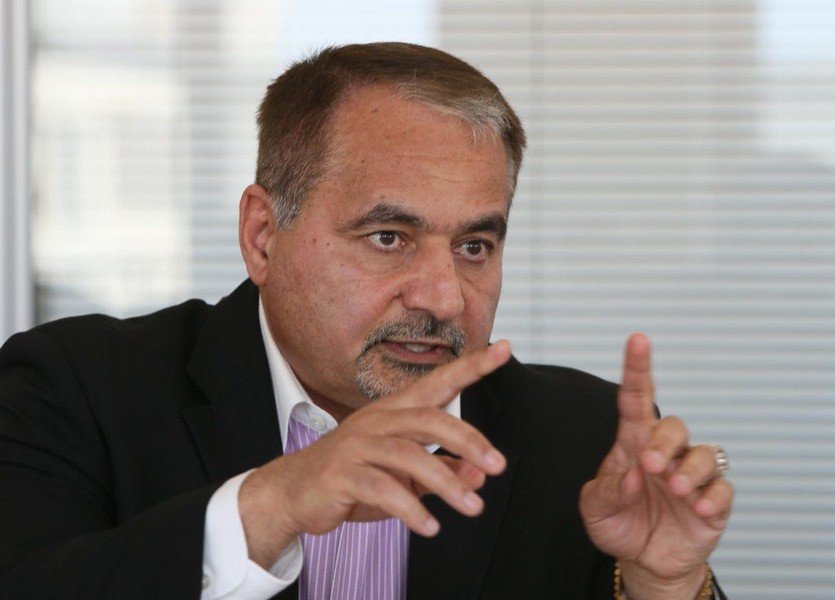Iran will resist U.S. intimidation: Princeton researcher

TEHRAN - Hossein Mousavian, a Princeton University researcher, has said that Iran will resist the U.S. policy of intimidation and intervention.
“Iran has been and will be hurt by economic sanctions, but has not been killed so far and will resist against America’s policy of intimidation and intervention,” he said in a speech at a meeting of the Group of 78 in Canada.
He said contrary to claims by Washington and its client states in the region it is not Iran which is source of regional instability.
It is the U.S. and its allies’ “strategic mistakes” which had destabilized the region, said Mousavian who was Iran’s former nuclear negotiator and ambassador to Germany.
He proposed seven ways to establish peace and stability in the region:
First: joint collaboration of regional powers involving Iran, Saudi Arabia, Turkey, Egypt and Iraq.
Second: cooperation of the five permanent members of the UN Security Council.
Third: joint meeting of the five members of the UNSC and the five regional powers to agree on common principles for the resolution of regional conflicts.
Fourth: common principles on resolution of crises: the will of the majority to form a government with participation of majority and minority through comprehensive and free elections supervised by the UN.
Fifth: creation of a common security system and regional cooperation with inclusion of Iran, the six Arab countries bordering the Persian Gulf and Iraq to provide security and peace.
Sixth: use of force against export of terrorism to countries to overthrow their ruling system like the one happened to Syria. U.S.-Iran tension started when the U.S. entered regime change project in Iran.
Seventh: no use of terrorism as a tool to send weapons and militarize the Middle East by the United States. For example, during his meeting with the Emir of Qatar, Donald Trump said, “Saudi Arabia, the UAE and Qatar supported terrorism, they have promised to stop their support and buy our guns.” This is a disaster of international community.
Iran pursuing ‘pragmatic’ and ‘realistic’ policies
Mousavian went on to say that compared to other countries in the West Asia region, Iran is following a more “pragmatic” and “realistic” approach and its policies are “defensive” and “not offensive”.
Commenting on the human rights’ situation in Iran, he said that three facts should be considered:
The first is that the human rights situation in Iran is far better than the United States’ regional allies. Iran holds elections and has a constitution, while some of the Western allies in the region do not even have constitution.
Second, Iran does not live in a region neighboring Switzerland and Austria, rather it is at the heart of a region wrestling with the worst kinds of terrorism, sectarian war and regional wars.
Third, the Islamic Republic of Iran has faced a variety of military conflicts, such as war, economic warfare, political warfare, information and cyber warfare.
“Is such a situation can it be expected to have a perfect human rights situation?” Mousavian asked.
